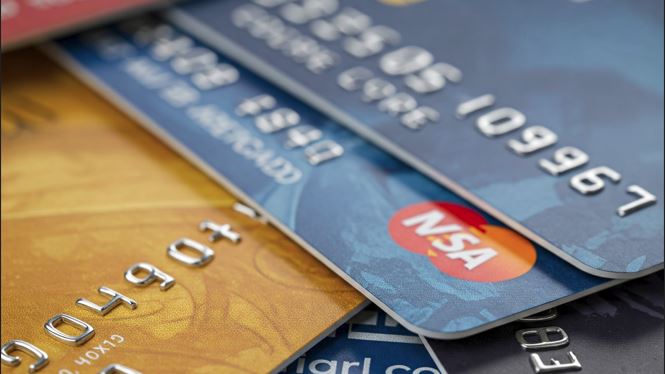
Credit cards are one of the most commonly used financial tools today. They make buying things easier, help you manage your finances, and even build your credit history. But how do they really work, and what should you keep in mind when using them? Let’s break it down.
What Exactly Is a Credit Card?
A credit card is essentially a loan from a bank or financial institution. When you use it, you’re borrowing money to make purchases or pay for services, with the promise to pay it back later. Each credit card comes with a limit — the maximum amount you can borrow. How much that limit is depends on things like your income, credit score, and financial history.
You can use a credit card for almost anything — buying groceries, shopping online, paying bills, or even booking a flight. If you pay off your balance in full by the due date, you typically won’t be charged any interest. But if you carry a balance, interest charges will kick in, and they can be quite high.
How Does a Credit Card Work?
When you swipe or enter your credit card information, you’re essentially borrowing money from your credit card issuer (the bank or financial institution that gave you the card). Instead of paying for an item with cash right away, you’re agreeing to pay for it later — usually by the end of the month.
Most credit cards give you a grace period, which is the time between when you make a purchase and when interest starts accruing. If you pay off your full balance before the grace period ends, you won’t have to pay any interest. But if you leave a balance, expect interest to start adding up, and it can get expensive. Credit card companies often charge annual fees, late payment fees, and other charges, so it’s important to stay on top of those costs.
Why Use a Credit Card?
- Convenience: Credit cards are super convenient. Whether you’re making a quick online purchase or buying something in a store, they save you from carrying cash. Plus, many credit cards offer protections for your purchases, such as fraud detection and help if something goes wrong with your transaction.
- Building Your Credit: If you use your credit card responsibly, it can help build your credit score. This is important because a good credit score is key to securing loans for bigger purchases down the road, like a car or home.
- Rewards: Many credit cards offer perks like cashback, points, or travel miles for every dollar you spend. You can then use these rewards for things like discounts, gift cards, or even free travel.
- Emergency Backup: Credit cards can come in handy when unexpected expenses pop up. If something urgent happens, like a car repair, you can use your card to cover the cost, as long as you make a plan to pay it back.
The Downside of Credit Cards
- High Interest Rates: If you don’t pay your balance in full each month, interest charges can stack up quickly. This is one of the biggest drawbacks of credit cards, as high-interest rates can make it easy to get stuck in debt.
- Debt Trap: It’s easy to swipe your card without thinking much about it, especially when you’re facing a great deal or an impulse purchase. But if you’re not careful, your spending can spiral, and the debt will start to pile up.
- Fees: Beyond interest, credit cards can come with a variety of fees — annual fees, late payment fees, and even fees for using your card abroad. These charges can add up over time, so it’s important to know what you’re signing up for when you apply for a card.
- Temptation to Spend: Credit cards are so easy to use that it’s tempting to buy things on a whim. Without a solid budget and self-control, it’s easy to overspend.
Final Thoughts
Credit cards can be incredibly useful, but they come with both rewards and risks. They can help you manage your finances, build your credit, and earn perks like cashback. However, if you’re not careful with how you use them, it’s easy to fall into debt due to high interest rates and fees.
The key to getting the most out of your credit card is to use it responsibly. Always try to pay off your balance in full each month, avoid overspending, and keep track of the fees and interest rates. When used wisely, a credit card can be a helpful financial tool.

Leave a Reply